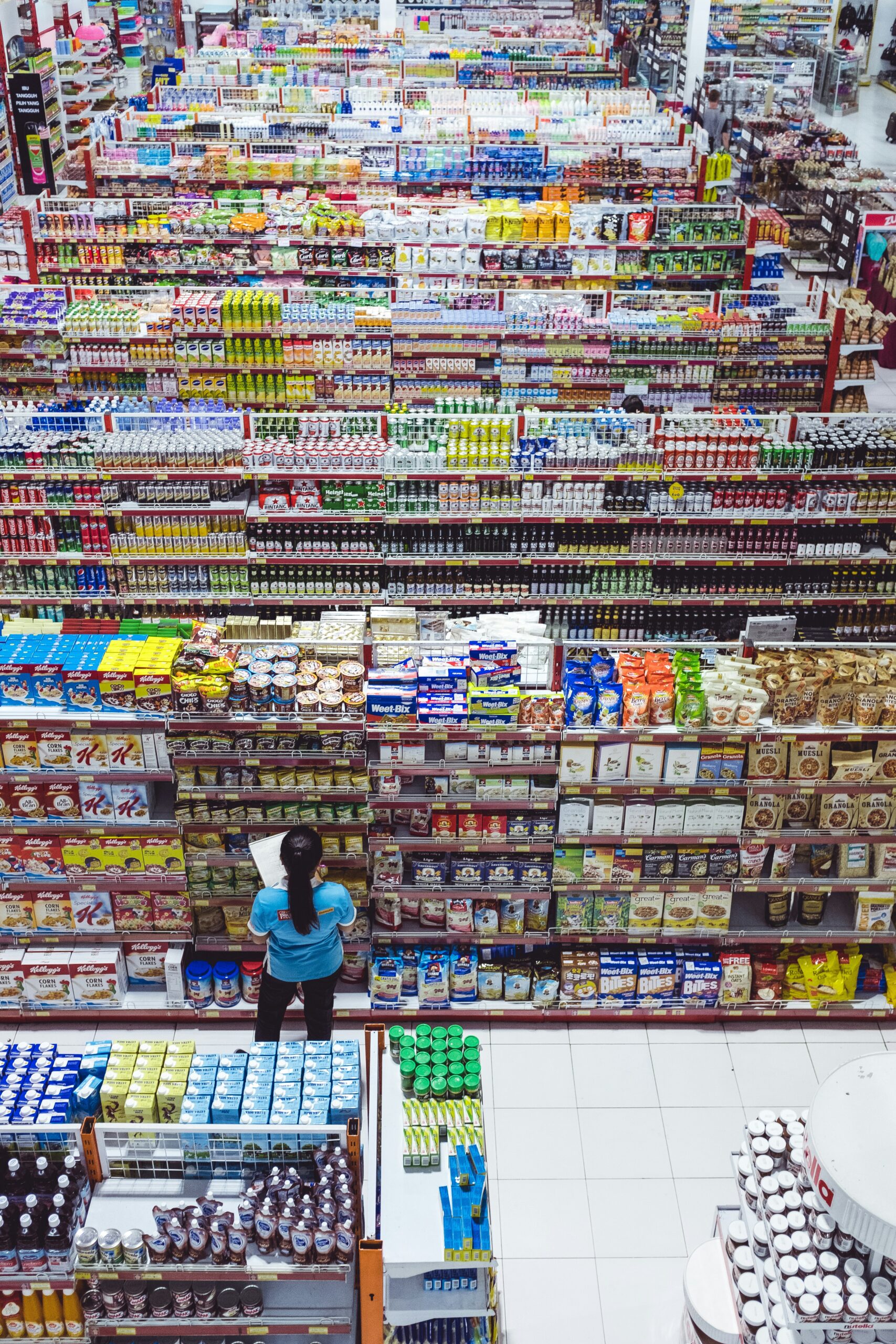Nigerian MAGA Fans Go Gaga as Trump Slaps 15% Tariff on Nigeria, Raising Commodity Prices.
Nigerian MAGA Fans Go Gaga as Trump Slaps 15% Tariff on Nigeria, Raising Commodity Prices.

Around the world
The news as it trends.
In a bold and controversial move, President Donald Trump has imposed a 15% tariff on Nigerian imports, citing “unfair trade practices”—though the specifics remain unclear.
Business analysts warn this aggressive tactic threatens Nigeria’s export economy and raises serious concerns about the abuse of executive power.
Nigeria currently imports key goods from the U.S., including wheat, used vehicles, machinery, refined petroleum, and military hardware.
Experts argue many of these can be sourced from alternative partners like China, India, or EU nations.
Political analysts caution that trade policy should not be wielded as a weapon, especially against developing nations striving for economic stability.
Rather than retaliate, Nigeria must pivot: diversify trade partners, strengthen intra-African commerce under AfCFTA, and invest in local manufacturing.
Tariff wars rarely benefit developing economies. The real power lies in resilience, innovation, and unity.
As analysts conclude: let Trump play hardball—Nigeria must play smart.
While Congress constitutionally controls tariffs, laws like the Trade Expansion Act and IEEPA grant the U.S. president broad authority to act unilaterally in global trade.
Yetunde B reports for Yeyetunde’s Blog.




















Leave a Reply